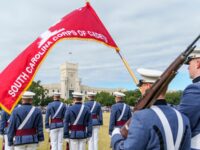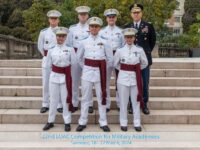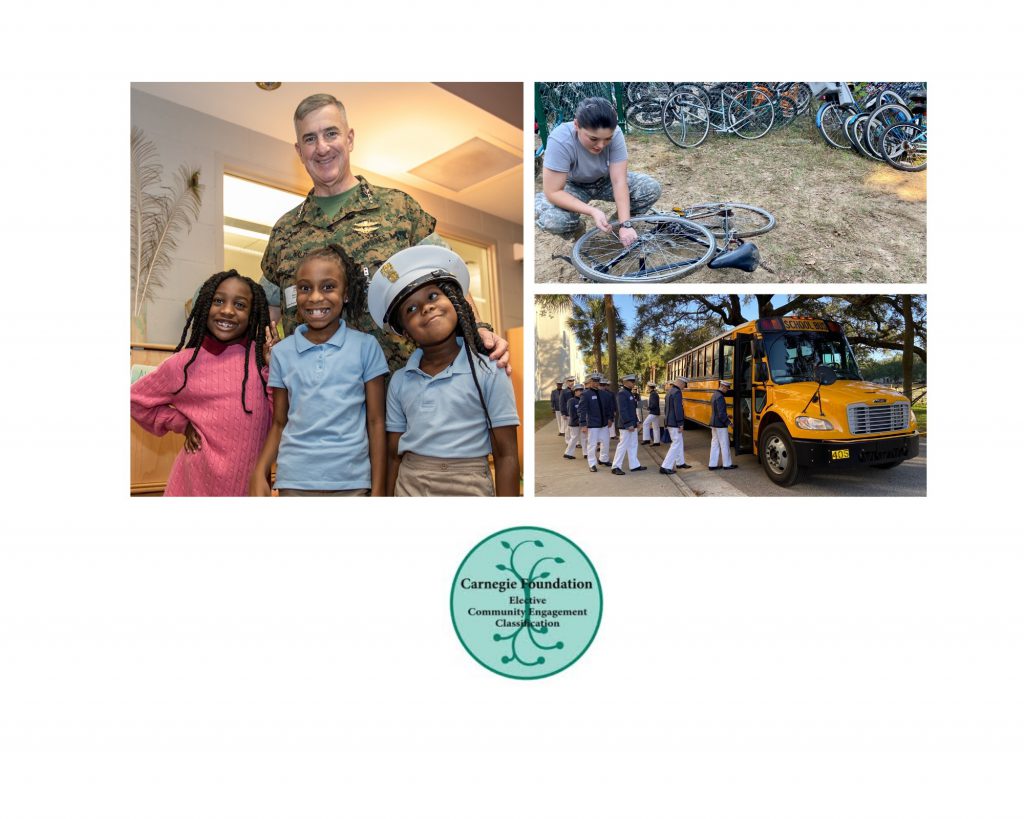
The Carnegie Foundation for the Advancement of Teaching is, for the second time in two consecutive cycles, awarding The Citadel with the Carnegie Foundation Elective Community Engagement Classification.
On Jan. 31, the foundation released a list of 119 colleges and universities receiving the classification out of the nation’s more than 7,000 institutions of higher education. The Citadel first earned this important distinction from the Carnegie Foundation in 2015.
“Your application documented excellent alignment among campus mission, culture, leadership, resources, and practices that support dynamic and noteworthy community engagement.”
The Carnegie Foundation
“The South Carolina Corps of Cadets is the nucleus of who we are; the center of gravity for our model to train future leaders by teaching them that they first must learn to serve. But the idea of serving our community is woven into our entire campus community—faculty, staff, cadets, students, veterans and alumni,” said Citadel President Gen. Glenn M. Walters, USMC (Ret.). “Being selected for a second time by the Carnegie Foundation for the community engagement designation reaffirms how impactful our service learning component is for our neighbors and our larger Citadel community.”
The classification is an evidence-based affirmation of best institutional practices earned through years of accountability and the presentation of that work. The Citadel and its South Carolina Corps of Cadets provide approximately 30,000 hours of community service annually, organized through the college’s Krause Center of Leadership and Ethics.
“Being classified by the Carnegie Foundation as a community-engaged campus is an honor few colleges achieve. The real victory though is the many students who find their calling and go on to be lifelong engaged citizens,” said Conway Saylor, Ph.D., director of service learning and civil engagement at the college’s Krause Center for Leadership and Ethics. “Also important is the fact that the cadets’ service means our long-term community partners increase their capacity to address important issues like food insecurity or educational access.”
The classification is awarded following a process of self-study by each institution, which is then assessed by a national review committee led by the Swearer Center for Public Engagement at Brown University, the administrative and research home for the Carnegie Community Engagement Classification.
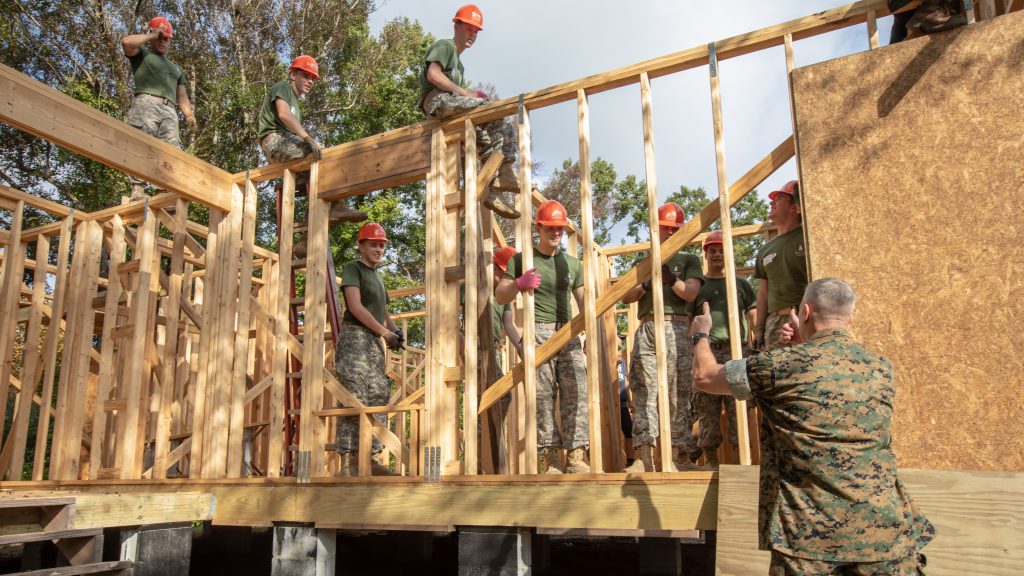
The foundation defines community engagement as “the partnership of college and university knowledge and resources with those of the public and private sectors to enrich scholarship, research, and creative activity; enhance curriculum, teaching and learning; prepare educated, engaged citizens; strengthen democratic values and civic responsibility; address critical societal issues; and contribute to the public good.”
Some of The Citadel’s year-round community engagement programs include an annual Leadership Day during which the majority of the college’s cadets fan out across the Lowcountry for a day of service. The cadets also have weekly commitments to work with veterans, people with disabilities and students in Title I schools. The full-time summer SUCCEED service program, and alternative winter and spring breaks, allow cadets to engage at a deeper level and grow as leaders.
Additionally, every cadet completes four years of leadership and ethics courses preparing them to be servant leaders. They complete required physical training and military training in a 24/7 military environment that includes mandatory study session nightly. That combination of service, structure and discipline, known as The Citadel Effect produces the highest return on investment in the State of South Carolina among other 4-year colleges.*


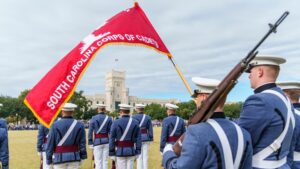 Looking ahead to the major events of 2024-25
Looking ahead to the major events of 2024-25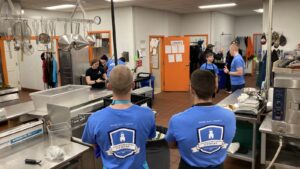 Principled leaders in action: Citadel cadets dedicate Thanksgiving furlough to volunteer work
Principled leaders in action: Citadel cadets dedicate Thanksgiving furlough to volunteer work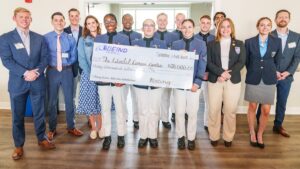 The Citadel Career Center and Boeing celebrate the second year of success in cadet and student internships
The Citadel Career Center and Boeing celebrate the second year of success in cadet and student internships 